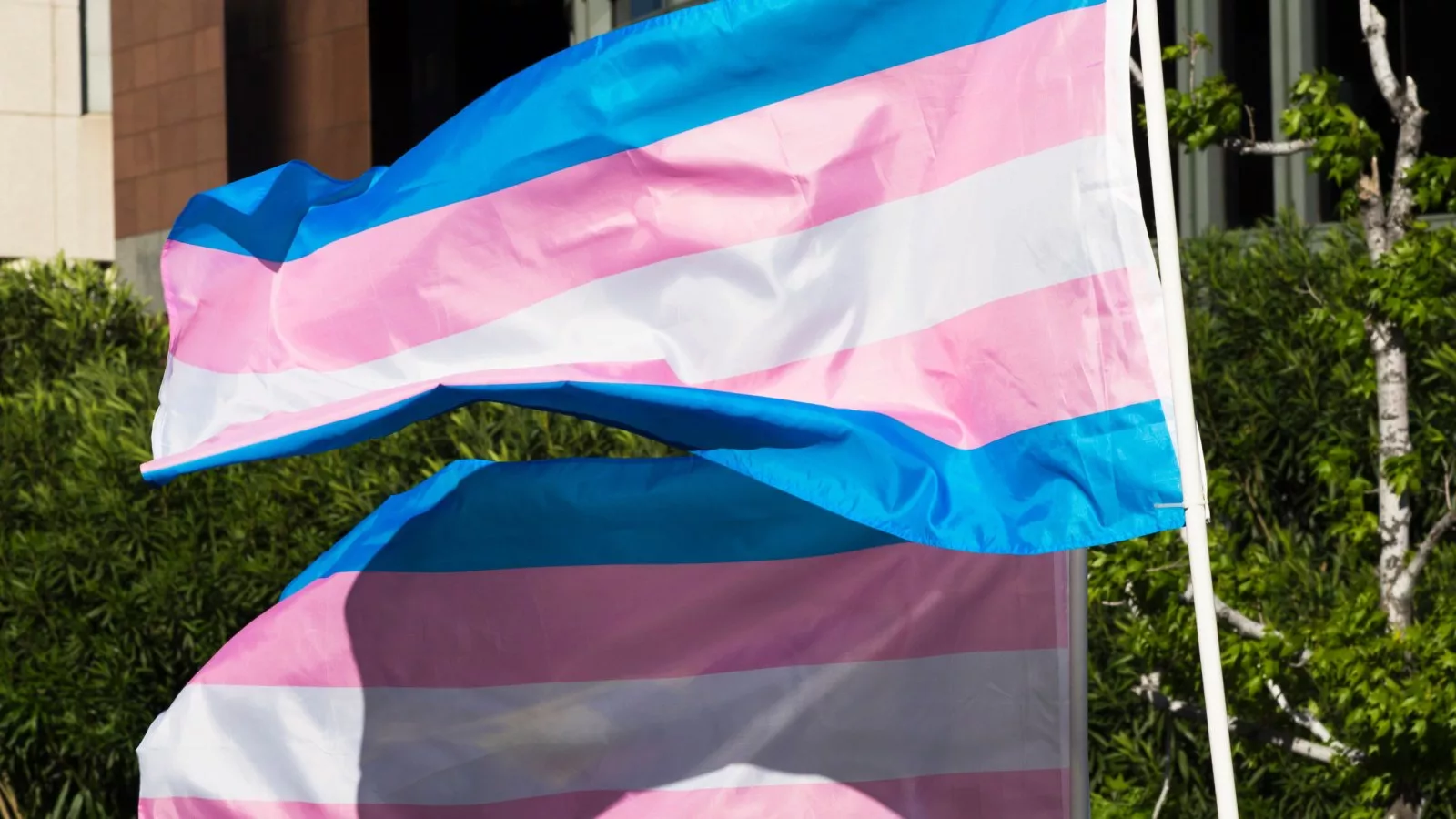
A Missouri Republican proposed legislation that, if passed, could imprison teachers who support transgender students, the latest in a string of bills targeting the LGBTQ+ community nationwide.
Representative Jamie Ray Gragg last week introduced House Bill 2885, which would charge teachers who provide support to a transgender student’s social transition with a class E felony. If the bill becomes law, teachers or school counselors who support a transgender student’s transition could face a $10,000 fine, imprisonment and may be forced to register as a sex offender.
Conservative lawmakers across the United States have introduced policies that critics say unjustly target the transgender community, including bills blocking access to gender-affirming health care for transgender youth and limiting discussion of gender identity and sexual orientation in schools. According to the American Civil Liberties Union (ACLU), at least 471 anti-LGBTQ+ bills have been introduced thus far in the 2024 legislative year.
Proponents of these bills say that transgender individuals should not be allowed to transition until they are adults, while critics say these policies are intended to rile up the conservative base at the expense of an already marginalized group that faces increased risk of discrimination or attacks over other groups.

The transgender flag is seen on March 31, 2017, in Los Angeles. A new bill introduced by a Missouri Republican would criminalize teachers who support a student’s social transition.
ROBYN BECK/AFP via Getty Images
Gragg’s bill would criminalize teachers who provide support, whether it be material, information or resources, for a transgender student’s social transition.
It defines social transition as “the process by which an individual adopts the name, pronouns, and gender expression, such as clothing or haircuts, that match the individual’s gender identity and not the gender assumed by the individual’s sex at birth.”
Gragg wrote in a statement to Newsweek on Sunday that the bill was filed to “protect kids, families, and teachers.”
“Education begins at home, and it’s time for the few liberal activists who’ve infiltrated the education system to stop interfering in the relationships between parents and their children. We need to make sure our teachers, those who spend their lives helping our children grow and prepare for the world, can focus on teaching. HB 2885 does just that,” he wrote.
The bill drew pushback on X, formerly Twitter, where many users responded with outrage.
“Missouri GOP bill would require teachers to register as sex offenders if they support trans students… Read that again. Teachers will be charged with a felony if they support their students,” wrote Jess Piper, executive director of Blue Missouri.
“A new bill in Missouri would put teachers on the sex offense registry if they ‘contribute to social transition’ of a trans youth. Including pronouns, haircuts, information, and more. It would make a teacher ‘contributing to social transition’ a class E felony,” journalist Erin Reed wrote.
Alejandra Caraballo, a civil rights attorney and clinical instructor at the Harvard Law School’s Cyberlaw Clinic, posted: “A teacher in Missouri could be charged with a felony and put on the sex offender registry for using they/them pronouns for a student. This is insane.”
A teacher in Missouri could be charged with a felony and put on the sex offender registry for using they/them pronouns for a student. This is insane. https://t.co/rTKIDX9mRk
— Alejandra Caraballo (@Esqueer_) February 29, 2024
“I think this is a great illustration that criminalizing identity is not only going to affect those of that identity! It’s going to criminalize EVERYONE who is involved in acknowledging it exists. And remember: Felons. Can’t. Vote. This is thinly veiled authoritarianism,” posted X user @swrightKC.
It remains unclear whether the bill would be able to receive enough support from other lawmakers to pass, but the state has considered other legislation surrounding transgender youth so far this year, including a bill that would impose a permanent ban on gender-affirming care for transgender youth, the Missouri Independent reported in January.
According to the ACLU, at least 35 anti-LGBTQ+ bills have been introduced in Missouri so far in 2024.
Uncommon Knowledge
Newsweek is committed to challenging conventional wisdom and finding connections in the search for common ground.
Newsweek is committed to challenging conventional wisdom and finding connections in the search for common ground.



